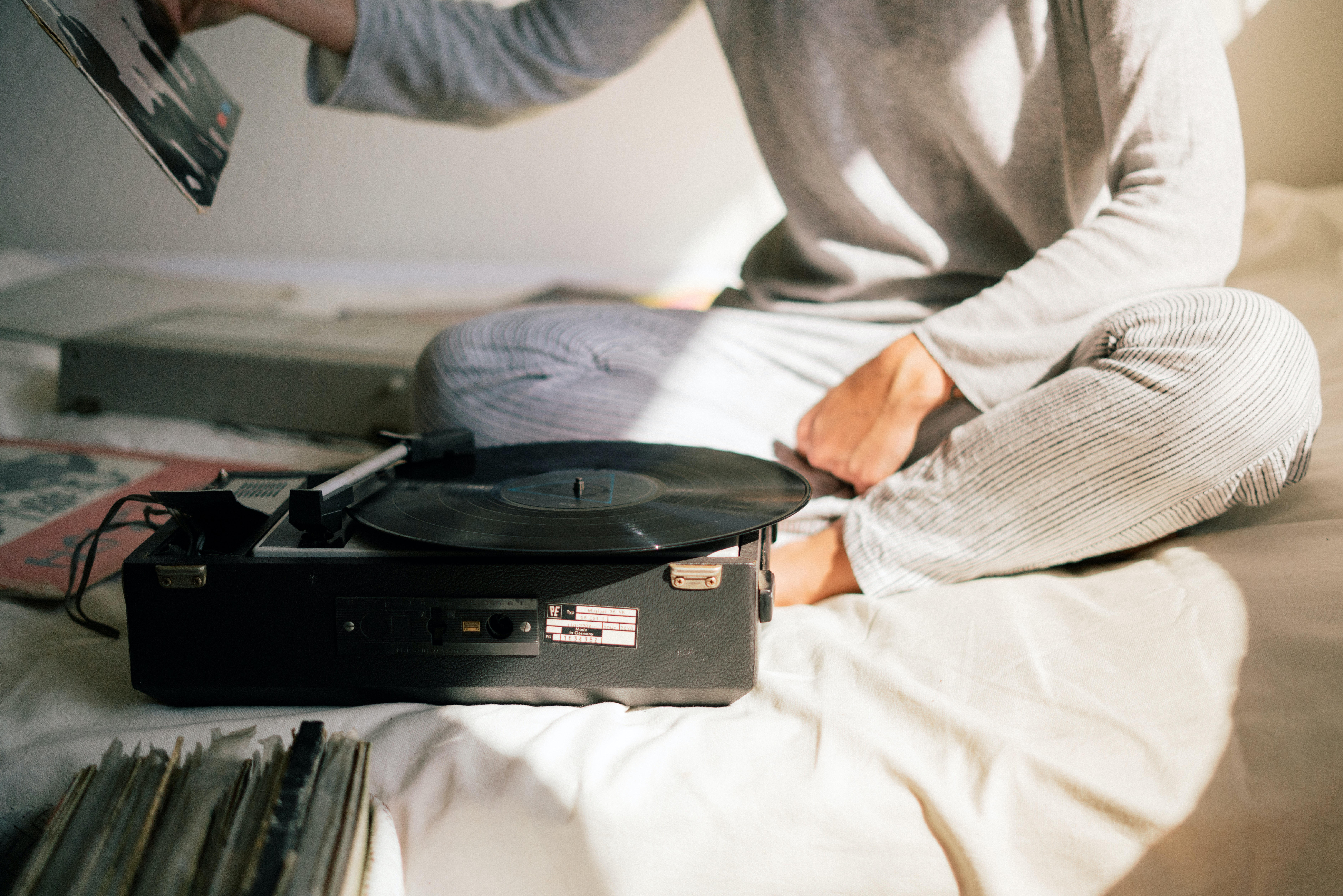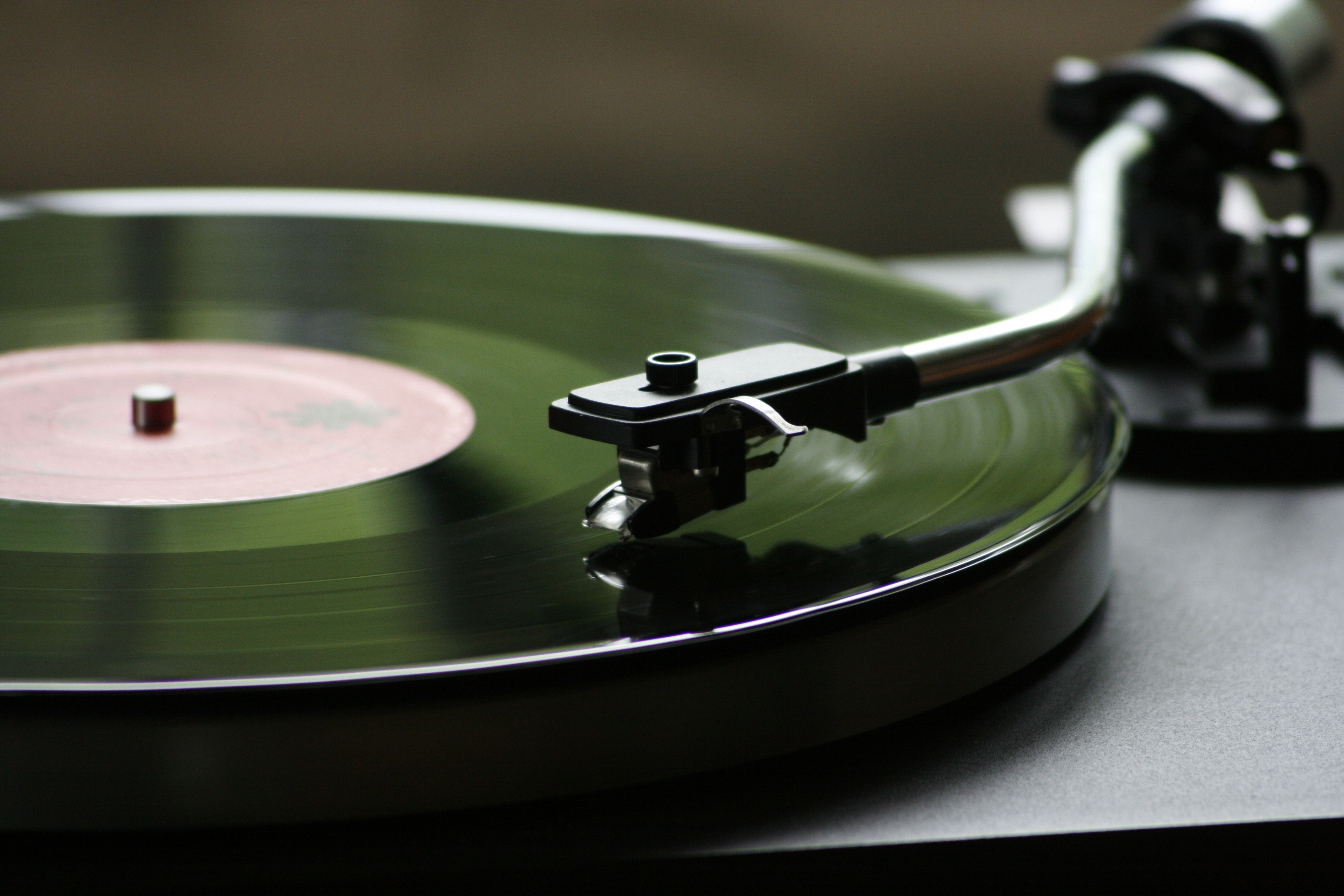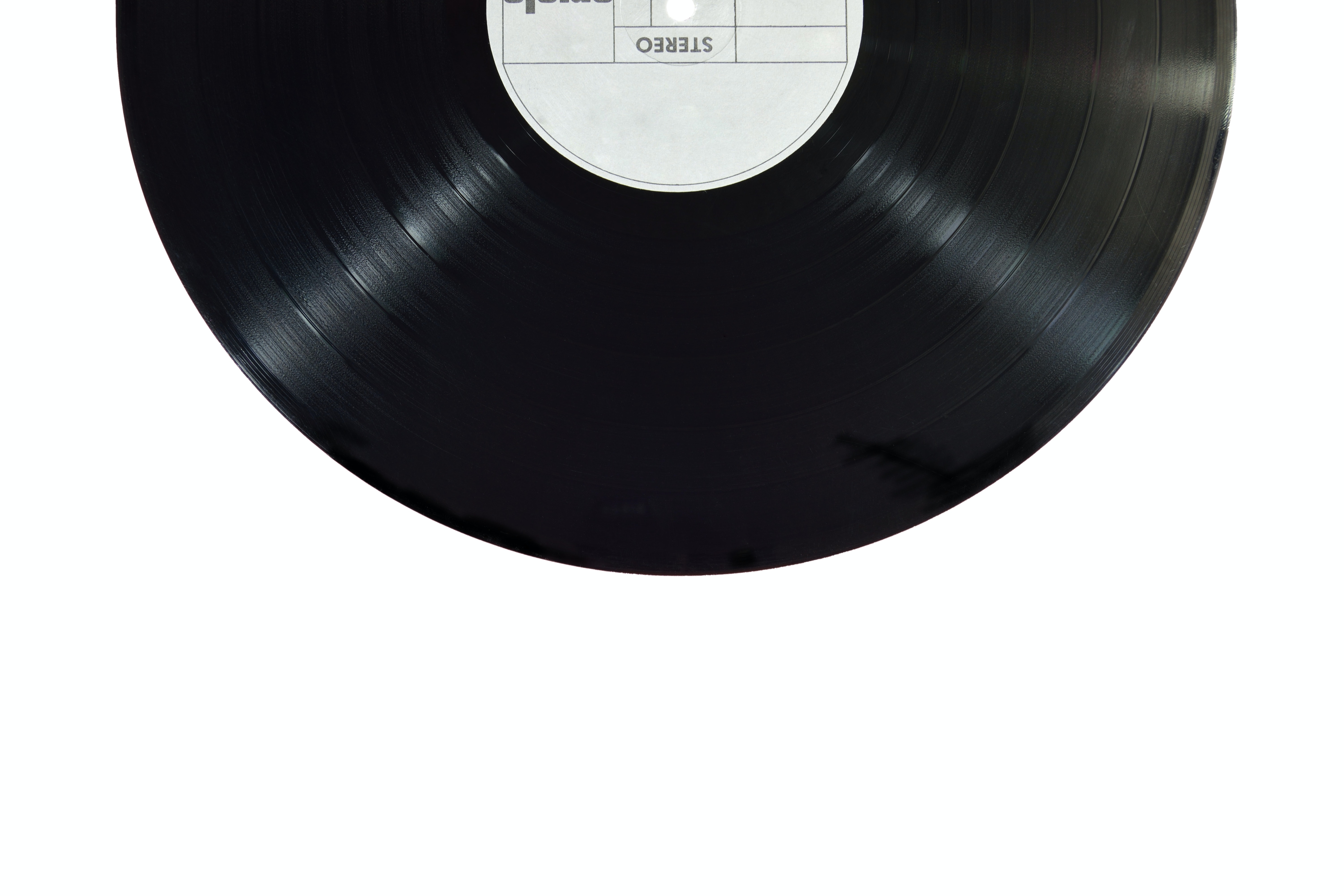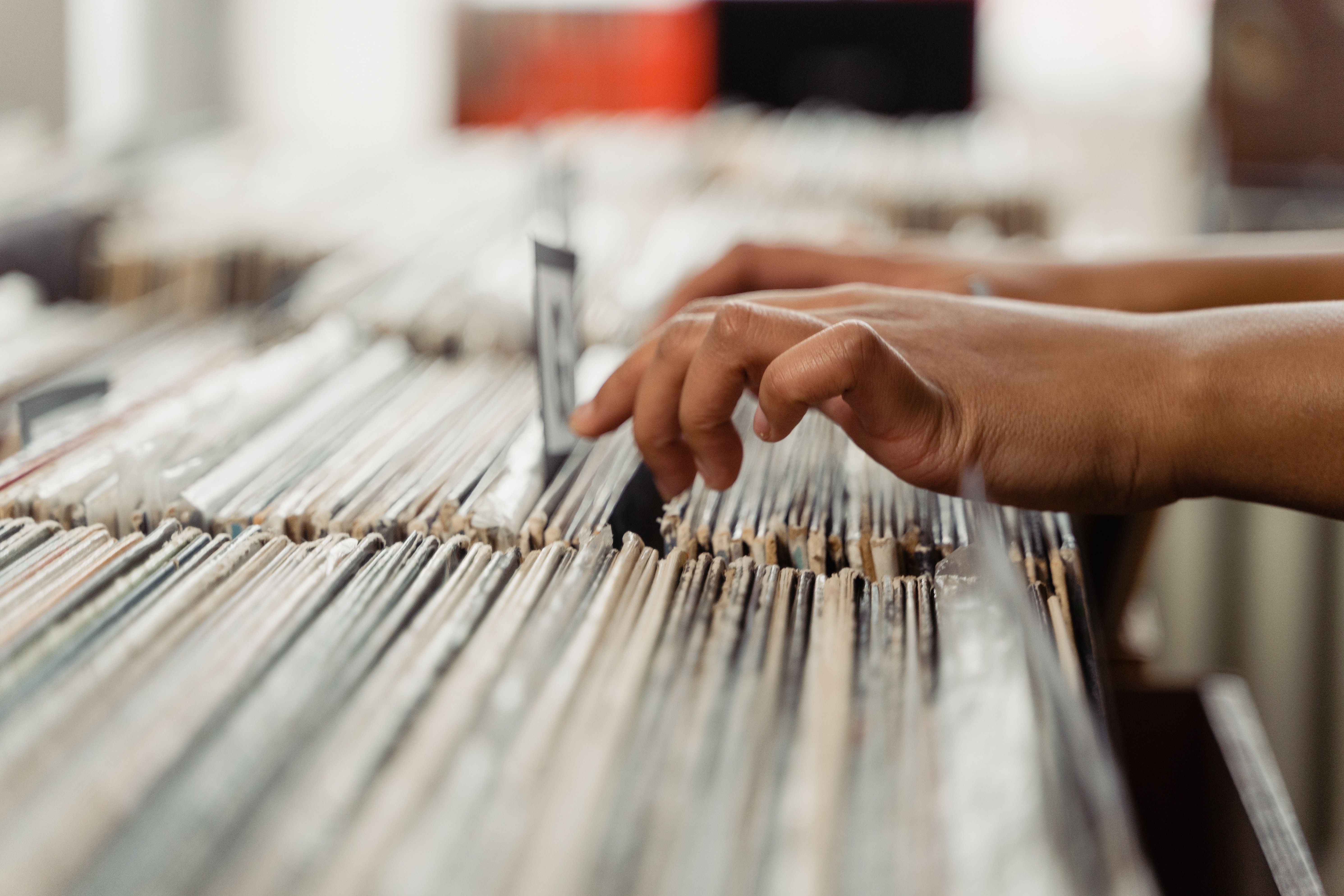
Vinyl has seen a resurgence in popularity in recent years, with many people choosing to buy vinyl records instead of CDs due to the unique sound quality, nostalgia, collectability, artwork, and support of independent artists that vinyl records offer. While CDs and digital downloads still have their place in the music industry, many music fans are embracing the physicality and uniqueness of vinyl records.
And although it has been the preferred format for collectors and supporters of independent artists lately, one needs to keep in mind that it is generally more expensive to produce vinyl records in small quantities compared to CDs. In fact, vinyl production is typically more expensive than CD production, especially when it comes to smaller runs, which means, in most cases, independent artists that are on the rise are needing to produce more expensive products to receive the support they so much deserve.
Nevertheless, since there has been an interest shift in the market, here at AlbumCoverZone we wanted to gather information related to a few debates regarding production process and most importantly, the "sound".
Music recording has come a long way since the early days of wax cylinders and reel-to-reel tapes and today, the two primary methods of recording music still include analogue side by side with digital. While both methods have their advantages and disadvantages, the choice of which method to use ultimately depends on the preferences of the artist and the intended audience.

Analogue recording involves capturing sound waves through a microphone and converting them into an electrical signal, which is then stored on a physical medium such as a tape or vinyl record. The process of analogue recording creates a continuous waveform, which captures the full range of frequencies and nuances of the original sound.
One of the main advantages of analogue recording is its warm, organic sound quality. Because the sound waves are captured in a continuous waveform, the resulting recording has a natural, unprocessed sound that many audiophiles find appealing. Additionally, analogue recording is more forgiving of imperfections in the recording process, such as noise or distortion, which can add character to the final product.
When analogue recordings are transferred onto an LP, they retain their warm, natural sound quality. The grooves on an LP are physically etched into the vinyl, which allows for the full range of frequencies and nuances of the recording to be captured. Additionally, each LP is unique, with its own subtle variations in sound due to the physical nature of the recording process.
Digital recording, on the other hand, involves capturing sound waves through a microphone and converting them into a series of numerical values, or samples, which are then stored as digital data. The process of digital recording creates a series of discrete values that approximate the original sound, rather than a continuous waveform.
One of the main advantages of digital recording is its precision and control. Because the sound waves are converted into discrete values, digital recordings can be manipulated and processed with greater accuracy than analogue recordings. Additionally, digital recording can eliminate imperfections in the recording process, resulting in a cleaner, more polished sound.
However, some audiophiles argue that digital recording can sound sterile or artificial compared to analogue recordings. The discrete values used in digital recording can create a harsh or "digital" sound, especially in the higher frequencies. Additionally, digital recording is less forgiving of imperfections in the recording process, which can result in a less natural or "flat" sound quality.
When digital recordings are transferred onto an LP, the resulting sound quality can be affected by the limitations of the vinyl format. Because vinyl records have physical grooves that are etched into the surface, there are limitations to the amount of detail that can be captured. Additionally, digital recordings can be compressed, which can further limit the range of frequencies and nuances that are captured on an LP.

And now, another heavily discussed topic:
It's a commonly held belief among audiophiles that digital recordings can sound better on vinyl than they do on CD. However, whether or not this is true is a matter of debate.
On one hand, vinyl has certain advantages over CD when it comes to sound quality. Vinyl records have a warmer, more natural sound than CDs, thanks in part to the physical nature of the format. When a record is played, the stylus physically touches the grooves on the vinyl, creating an analog waveform that captures the full range of frequencies and nuances of the recording. This can give vinyl recordings a more organic, dynamic sound than digital recordings.
On the other hand, digital recordings have advantages over vinyl when it comes to sound quality as well. Digital recordings are capable of capturing a wider range of frequencies and dynamic range than vinyl, which can result in a more detailed and accurate sound. Additionally, digital recordings are less susceptible to noise and distortion than vinyl, which can result in a cleaner, more polished sound.
When it comes to comparing digital recordings on vinyl versus CD, the differences in sound quality are likely to be less noticeable than the differences between analog and digital recordings. While vinyl has certain advantages over CD, such as its warmer sound and greater dynamic range, it also has limitations that can affect sound quality, such as surface noise and wear and tear. Additionally, digital recordings that are specifically mastered for vinyl can take advantage of the strengths of the format, resulting in a higher quality sound than a digital recording that is simply transferred to vinyl without consideration for the format's limitations.
Ultimately, whether digital recordings sound better on vinyl than CD is a matter of personal preference. Some audiophiles may prefer the warmth and organic sound of vinyl, while others may prefer the accuracy and detail of digital recordings. The most important thing is to choose the format that best suits the music and the listener's preferences.
What can we do to help? First of all, here at AlbumCoverZone, our designers work to deliver album cover designs suitable for various types of releases; meaning screen friendly album cover designs, CD case friendly album cover designs and vinyl friendly album cover designs. Upon your album cover purchase you immeditally receive a file with dimentions suitable for the two most common end products; CD printing and digital releases. We would like to let you know, should you wish to produce vinyl products with our album cover designs, simply contact us and we will provide you the format suitable for large size printings as well!